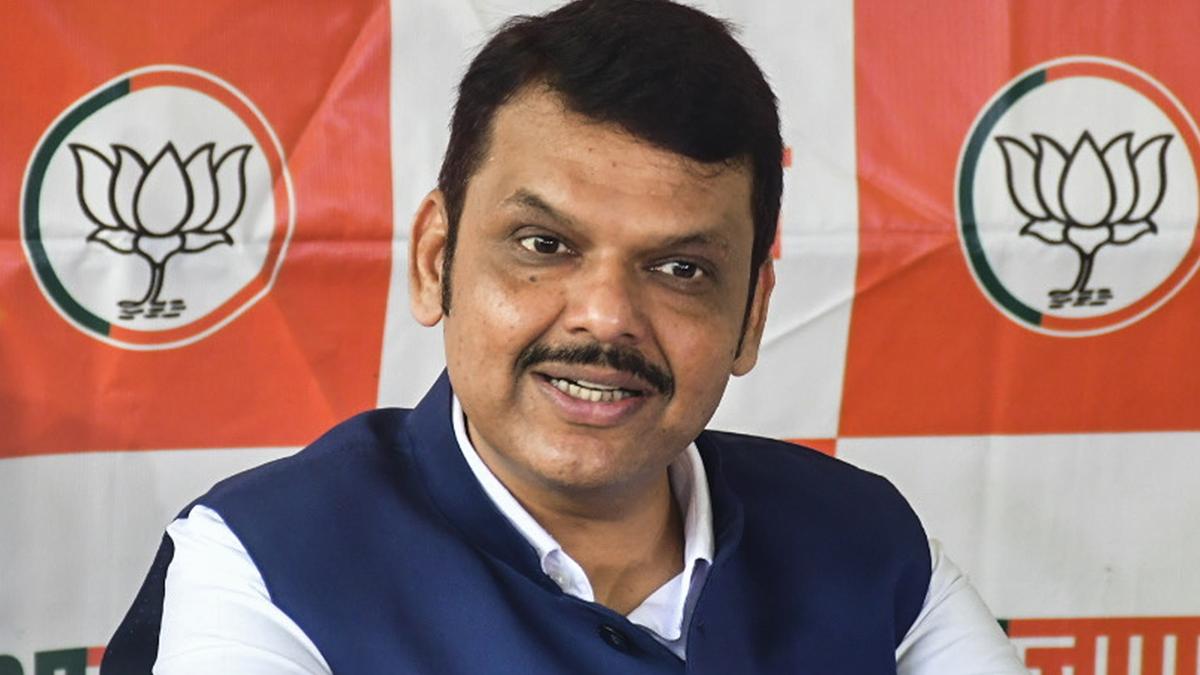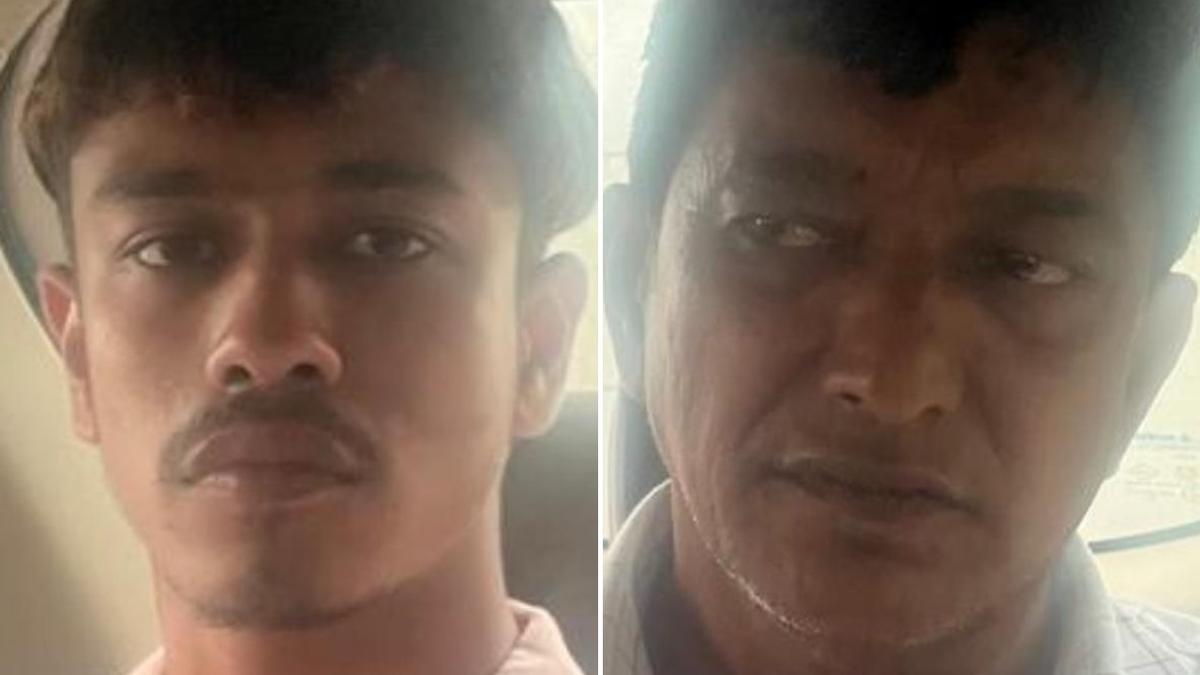The Aurangabad Bench of the Bombay High Court has dismissed an election petition filed by former member of Parliament Subhash Ramrao Bhamre of the Bharatiya Janata Party, who challenged the election of Shobha Dinesh Bacchav from the Dhule Lok Sabha Constituency last year. The order was made available on Monday.
Mr. Bhamre had secured the second highest votes. The elected candidate secured 5,83,866 votes while the petitioner secured 5,80,035 votes. He lost by a narrow margin of 3,831 votes.
In the petition, Mr. Bhamre claimed that after conducting inquiries, he came to know from the residents of Malegaon and party workers associated with him that votes were polled in the name of persons who were already dead and that these votes are polled in favour of Ms. Bacchav. He claimed that multiple votes under identical names were cast across different booths, also, burkha-clad women were allowed to vote despite their names not being on the electoral rolls, and all these votes were in favour of Ms. Bacchav.
Ms. Bacchav sought dismissal of the plea, arguing that the petitioner’s allegations were vague and unsupported. “The original election petition does not disclose the source of information from where the election agent of petitioner received information that votes from about six electric voting machines have not been counted.”
She contended that the petition is “not based on verifiable facts but mere assumptions” and “there is no legally admissible evidence or definite pleading to back the charges.”
A Single Bench judge, Justice Arun R. Pednekar dismissed the petition and noted, “There is no prima facie material to indicate that votes are cast in the name of dead persons. The data was asked from the petitioner and the Election Commission i.e. register maintained under Form 17-A and 17-C of the Conduct of Election Rules, 1961 with CCTV footage so as to verify, whether votes are cast in the name of dead persons and multiple votes are cast in the name of same persons at different booths.”
There is no affidavit by polling agents that they have noticed votes being cast in the name of dead persons or that the polling agent had raised objection to the casting of the votes in the name of dead persons, the order said.
In the absence of material that can prove that voting took place in the name of dead persons, the judge said, “Thus there is an element of speculation and inquiry by this court at the instance of the election petitioner. The petitioner has placed on record the names of dead persons, whose names continues to be on the electoral roll, so also, has placed names of voters at multiple places. However, there is no evidence that voting has taken place in the name of dead persons or that voting has taken place at multiple places by the same voter.”
By merely having names of dead persons on the electoral roll, this court will not presume that votes are cast in their names, the court said. “The polling agents in the booth are aware of the votes cast by persons and an affidavit of polling agents present in the polling station stating that votes are cast against the dead persons would at least indicate that voting has taken place against the name of dead persons.”
In the election petition, the pleadings have to be precise, specific and unambiguous. If the allegations contained in election petition do not set out grounds as contemplated in Section 100 and do not conform to the requirement of Section 81 and 83 of the Act, the election petition is liable to be rejected under Order VII, Rule 11 of Code of Civil Procedure, the court observed.
Dismissing the petition, the court said, “Omission of a single material fact leading to an incomplete cause of action or omission to contain a concise statement of material facts on which the election petitioner relies for establishing a cause of action, would entail rejection of election petition under Order VII Rule 11 read with Section 83 and 87 of the Representation of the People Act.”
Published - June 17, 2025 10:01 pm IST



.png)
.png)
.png)
















 5 hours ago
4
5 hours ago
4









 English (US) ·
English (US) ·